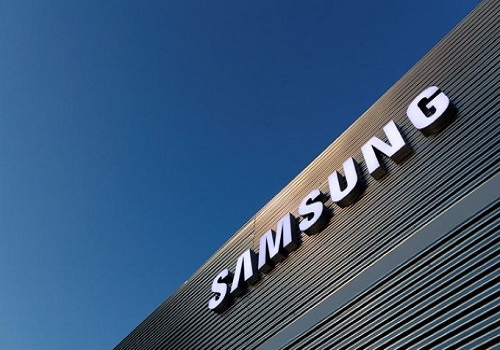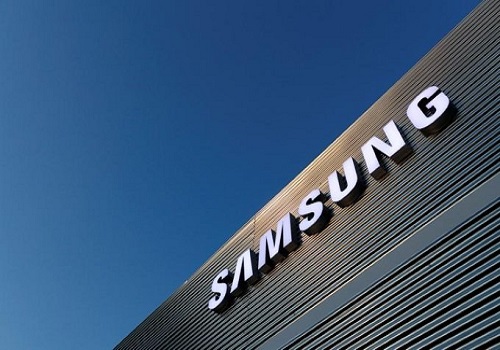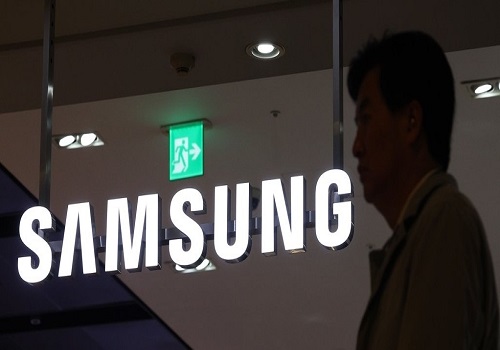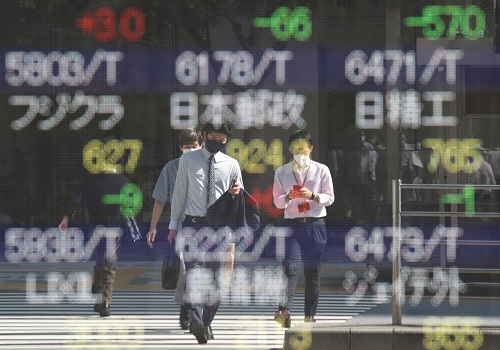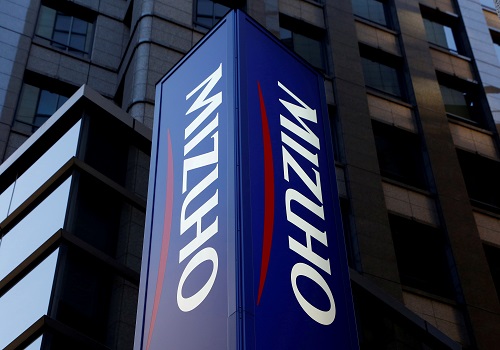Samsung sees chip profits up, mobile profits down in second quarter on chip shortage
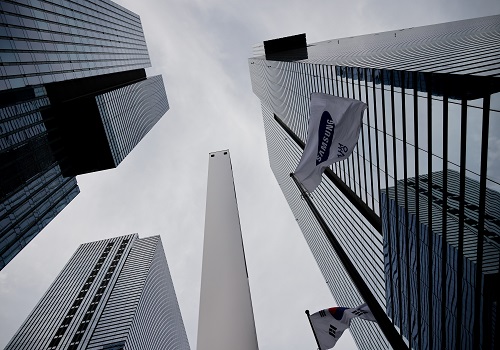
Follow us Now on Telegram ! Get daily 10 - 12 important updates on Business, Finance and Investment. Join our Telegram Channel
SEOUL - Samsung Electronics Co Ltd said on Thursday it expects chip profits to rise in the second quarter as customers seek to secure stock amid a global chip shortage, that will likely hit device production and mobile profits that same quarter.
Samsung, which reported its highest first-quarter operating profit in three years, said it expected memory chip earnings to improve "significantly" in the second quarter, as "market conditions improve on the back of strong server demand".
But profit and sales at its mobile business are likely to fall after a robust first quarter, due to supply issues for some components and a fall in flagship smartphone sales, the company said.
"Due to the global semiconductor shortage, we are also experiencing some production disruption around certain set products and displays," said Ben Suh, executive vice-president of investor relations at Samsung, the world's top maker of memory chips.
"We are also a semiconductor supplier. To respond to this current situation, we are focusing on maximising efficiency of our current capacity... and expanding... the Pyeongtaek No. 2 line which will come into full-scale operation in the second half," Suh added.
This capacity is expected to be allocated to customers requiring advanced chips such as Qualcomm, Nvidia and Samsung's mobile processors, said Greg Roh, head of research centre at Hyundai Motor Securities.
"Only tier-one companies with the buying power and things to offer such as technology swapping, can currently get chip production capacity allocated," said Kim Dong-won, analyst at KB Securities.
Samsung said its chip plant in Austin, Texas, has resumed full production after a winter storm shutdown in the first quarter, which affected wafers corresponding to around 300 to 400 billion won of damages.
The company's System LSI Business, which designs logic chips such as mobile processors, will likely continue to be affected by the disruption this quarter.
The business plans to expand its use of outsourced foundries as well as work with its in-house foundry to secure production capacity, Samsung said, noting the global chip shortage could persist in the second half of the year.
"Samsung Electronics' own foundry is saturated with orders," said Park Sung-soon, an analyst at Cape Investment & Securities. "So it is increasing the volume of outsourcing despite having an in-house foundry."
Apple Inc warned on Wednesday the chip shortage could cost the company $3-4 billion in revenue in the fiscal third quarter.
MEMORY PRICE
Samsung said prices of DRAM chips, which are widely used in laptops and other computing devices, are expected to continue to rise through the second half of this year. For NAND flash chips that serve the data storage market, Samsung said demand for certain applications is expected to exceed supply.
Stay-at-home trend and 5G expansion are spurring on devices and servers to contain more chips and handle more data, with DRAM chip prices expected to jump 13-18% in the current quarter versus the first quarter, according to research provider TrendForce.
Samsung's forecasts came as first quarter operating profit jumped 46% from a year ago to 9.4 trillion won ($8.48 billion) in the January-March quarter - its highest first-quarter operating profit since 2018.
The result, slightly above the company's estimate earlier this month, was driven by a jump in profits at its mobile business.
Profit at the Samsung's mobile business jumped 66% from a year ago to 4.4 trillion won - its highest first quarter profit since 2014 - led by sales of its flagship Galaxy S21 smartphone series.
First quarter net profit rose 46% to 7.1 trillion won. Revenue climbed 18% to 65.4 trillion won.
The global smartphone market grew 27% on-year in the first quarter on pandemic-induced demand, data provider Canalys said, making it Samsung's most profitable business for the quarter.
Samsung's shares fell 0.4% in afternoon trade on Thursday, versus a flat wider market.
($1 = 1,108.9800 won)






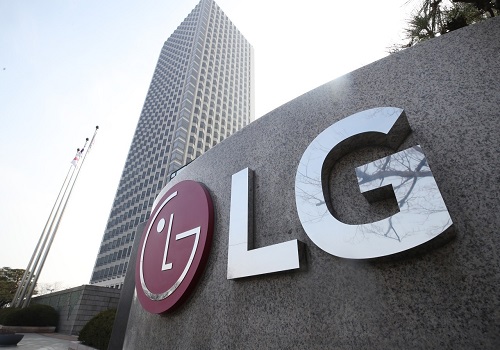





 320-x-100_uti_gold.jpg" alt="Advertisement">
320-x-100_uti_gold.jpg" alt="Advertisement">





